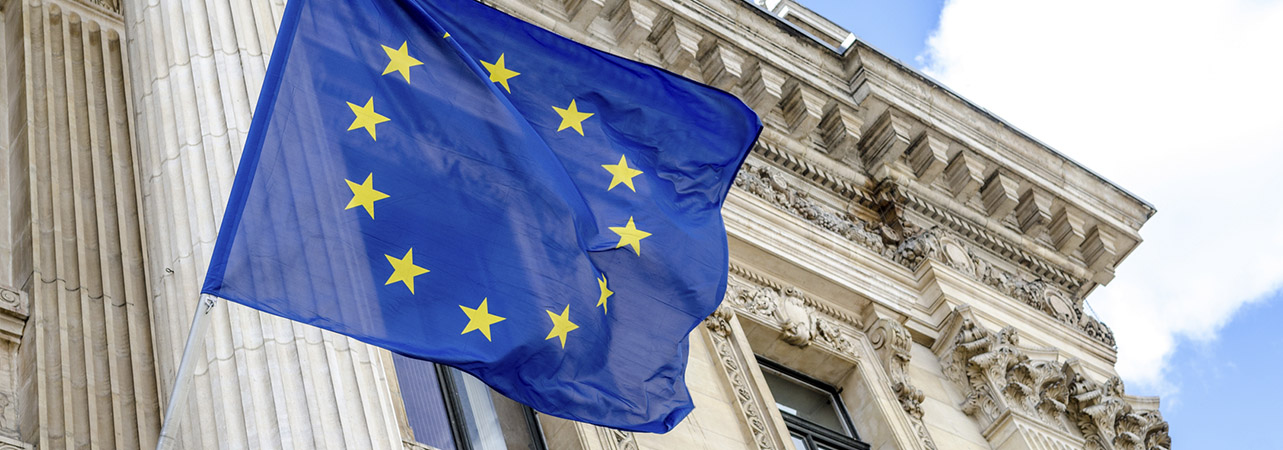The ECB is odds-on to raise rates at its meeting this week, but is the hiking cycle now over for the Eurozone?
- There has been weaker news on the Eurozone economy in recent weeks.
- Inflation is coming down, dipping to 5.5% in the Euro area for June
- The market still expects a further 0.2% of hikes before the year is out
The ECB is widely expected to increase interest rates by 0.25% at its meeting this week, taking the main refinancing rate to 4% and the deposit rate to 3.75%. The main interest for investors will be in the accompanying comments, which will be closely watched to see if further hikes are likely, or whether the ECB will declare the job done.
It is unlikely it will be so bold. All central banks know that inflation can revive even as it appears to have been tamed and will want to retain the option of raising rates further should the need arise. Equally, they won’t want markets to lose faith in their inflation discipline. Any remarks are likely to be weighed heavily and measured in tone.
However, investors may seek to read between the lines to understand whether the ECB believes policy is sufficiently restrictive as it stands, even if there is no immediate hope of rate cuts. There has been weaker news on the Eurozone economy in recent weeks. PMI survey data has been deteriorating through the second quarter and the composite PMI tipped into contraction territory (48.9) in July. French and German data looked particularly weak.
Inflation is coming down, dipping to 5.5% in the Euro area for June, down from 6.1% in May. The figures were inflated by Eastern Europe economies, while Luxembourg, Belgium and Spain all had inflation rates below 2%. As with elsewhere, services inflation is proving stickier than goods inflation, where rising wages continue to keep prices higher. However, inflation is certainly moving in the right direction and gives the ECB some leeway to wait and see on further rises.
The most recent ECB Bank Lending Survey has shown tightening lending standards and a sharp fall in credit demand, which should also act to weaken economic growth and provide flexibility for the central bank.
The market still expects a further 0.2% of hikes before the year is out, in addition to the rate rise this week. Nevertheless, the next meeting – in September – is some way off and gives the ECB time to reflect on whether rate rises are working. The heatwave and wild fires across Europe may have economic consequences not yet reflected in the central banks decision-making. Nevertheless, for the moment, it appears the ECB may be done – just don’t expect it to admit it.





